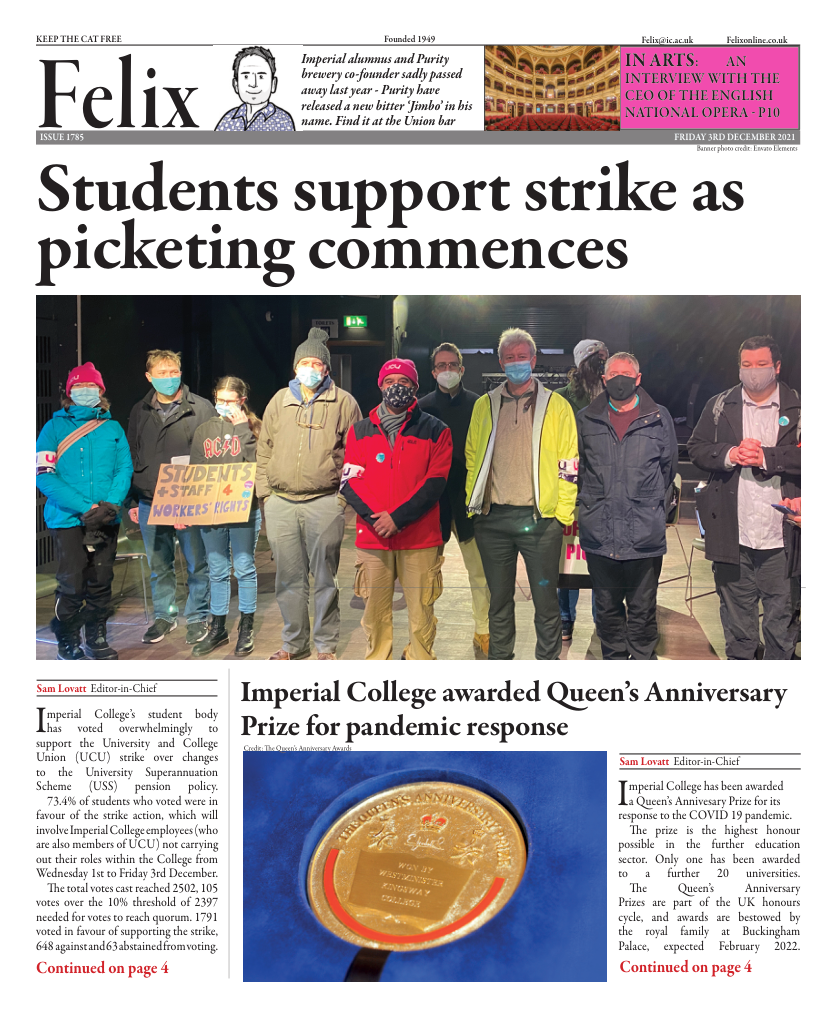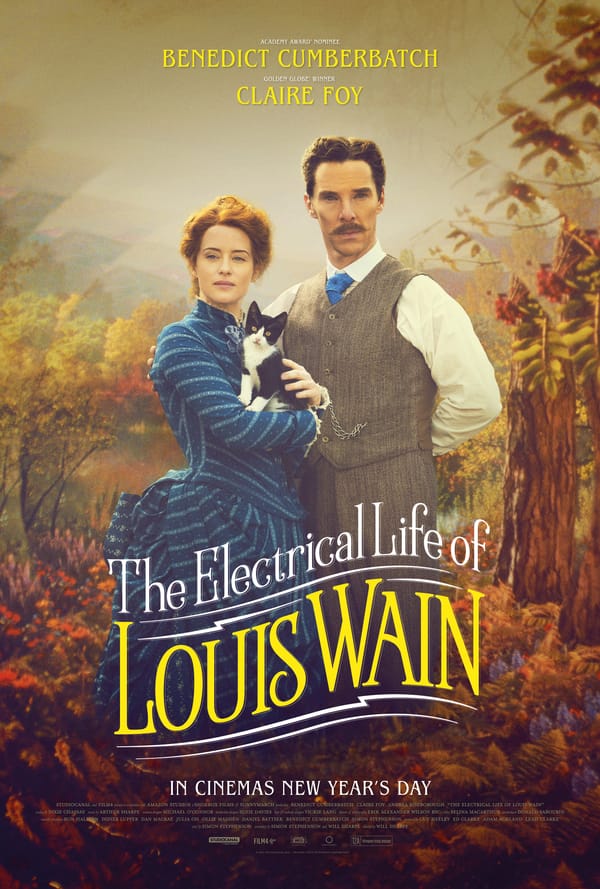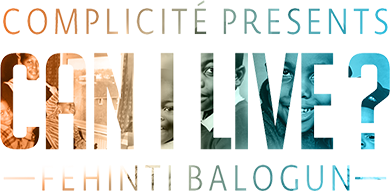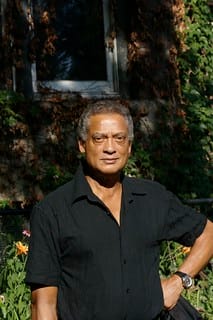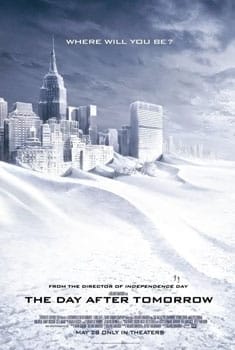A Conversation with filmmaker: Chloe Fairweather
Last week I had the opportunity to interview Chloe Fairweather, the director of ‘Dying to Divorce’, a documentary telling the story of Arzu and Kubra - both survivors of domestic violence in Turkey.
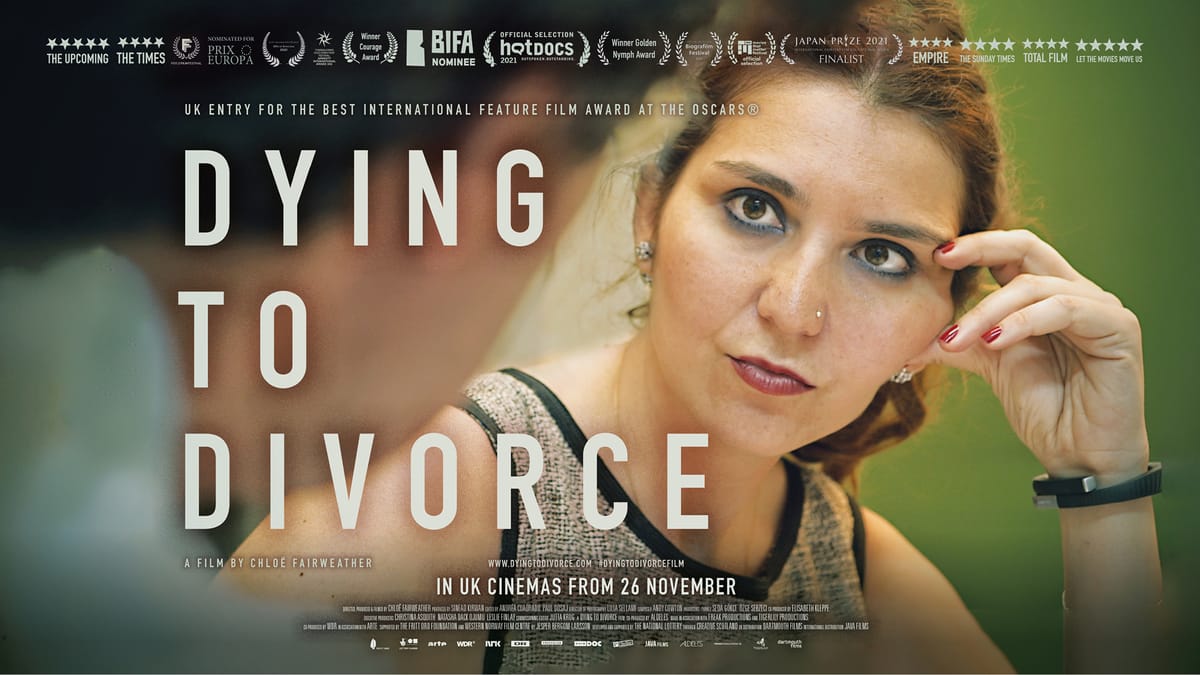
Filmed over the course of 5 years, this incredibly moving piece - Fairweathers’ feature film - shines light on the struggles and hardship one in three women in Turkey have to go through. As an audience we follow the journey of lawyer Ipek Bozkurt as she fights for justice to be done. Here is the conversation we had before she headed to a London screening where she spoke about what the filming of the feature was like as well as the challenges she faced during the process of making it:
I wanted it to be something that could generate a conversation - be it survivors being encouraged to speak and share their stories or for people to be able to see their own societies in some way reflected in the issues raised in the film.
I had the opportunity to watch your feature film ‘Dying to Divorce’ and as a first question, how did you get involved with this project and how was the process before starting filming?
I was in Turkey and I was working with a journalist on a completely different subject. She was aware of the work of these activists, we were discussing it and as I was there in Turkey we decided to contact the activists and meet up with them and completely unexpected really, decided to film one of the activists meeting Arzu (the woman who has her arms and legs shot by her husband when she tries to leave him). We were more shocked by the meeting than we could ever have been prepared for. One of the important things I think was very powerful was the shock of the extremity of the violence, but also Arzus’ real strength of character and that she had so much that she wanted to say about the situation. You know, how it happened, why it happened - she had so many insights that she really wanted to share and it felt that there wasn’t a platform for her to be able to speak. I guess that was the seed of it really, as I felt like I was holding this urgent story in my hands and I have to do something with it. It really started from there, bit by bit, one thing led to another and I started discussing the idea with the producer Sinead Kirwan and through the activists I met Ipek, who’s their lawyer. I just thought she was a really great character and importantly, I really felt that she could bring people into the situation in Turkey. Yet also giving an understanding into the broader issue of domestic violence, femicide and misogyny - which are global issues and challenges that unfortunately no society escapes.
So do you feel like the aim of the documentary, as a director, was to give strength to survivors or more like show the reality of domestic abuse survivors to the people that are not aware of this? What was your take on it?
I think I wanted it to be something that could generate a conversation - be it survivors being encouraged to speak and share their stories or people who don’t know about the situation or people who are able to see their own societies in some way reflected in the issues raised in the film. I think even in the UK domestic violence is bad, not to the level of Turkey but there are femicides and problems with the level of misogyny, sexual violence not really being prosecuted enough. I feel like there are lots of different things that people can take and my job was to lay it out from the point of view of the women as much as possible. Therefore allowing it to unfold so that people could experience it and connect to it in many different ways.
Dying to Divorce has been released along with the United Nations campaign “16 Days of Activism” against domestic violence and was a very hard piece to watch. How were the reactions of people when you screened it once it finished? For me I had to sit in silence digesting what I had just watched.
Yes, I think it is emotional for people and there’s lots of layers in the film so there is a lot to take in. We, in fact, worked with a psychologist for the screenings that we do in Turkey because we know that the rates of domestic abuse are so high that a lot of people in the audience could be directly affected. So as well for the screenings in London, before we start our question and answer, we gave people a moment and we tried to recognise it and in doing so, bring out into the open that you could feel that way.
Definitely, it is a film very needed with the news going on right now. I wanted to also ask you, Dying to Divorce was filmed over the course of 5 years, what was that like? Since it's such a long time to be filming, did you always know when it was going to end, was there a timeline for the project?
Well, I mean, it was very much an unfolding story. When I first joined the story, the activists were facing huge issues of domestic abuse in the country but they were really fighting back and were changing laws - so it was a really positive story. Then 2016 happened and there was the attempted coup and then thousands of people were arrested. The whole story just shifted dramatically, and amidst the chaos of all of that, you could see that women's rights were chipped away bit by bit. So the story was just changing all the time and we could never have predicted the political events or how they would shape the story. Even the two stories themselves, we could not know how they would unfold, so it was very much following it and responding. In terms of being able to make it, this was very much an independent film and I was always working full time on other documentaries - this was something I was fitting in between projects, or during holidays or weekends. So it had a total alternative way of making the film, it was manageable but a bit crazy. We managed to raise money per shoot, as the story became more clear and the end was in sight, things were settling somewhat and we were able to get funding to complete the post production.
Along with that, what were the challenges of making the film? As the theme is a current affair, did you ever feel like you might not be able to publish this material?
Well, yes. I think in terms of the cases, the justice they were able to get was a big deal. So, in the case of Kubra (the woman who was hit on the head by her husband and had a brain haemorrhage) the whole case was about the fact that he said he didn’t do it and she said that he did. And in the end, although he never served any jail time and he had his sentence greatly reduced, he was charged with hitting her. This was very important not only for the family, but also because it meant that it was accepted that he did hit her. That put us therefore in a stronger position to be able to tell that story fully because it was recognised by the court. In terms of distributing the film, it is true that in Turkey the pressure not to speak out is very real, so we had to be careful when distributing the film. Especially Ipek, she watched the film many times and agreed with everything said in it as it is her life’s work and felt it was important to be brave and take that risk.
I can completely understand where the challenges are coming from. Moving on to your film career, can I ask how and why did you get into the filming documentaries industry? Could you explain your journey as a filmmaker?
I did always have an interest in documentaries. I did a drama degree at university at Bristol so we did some filmmaking as part of the course and lots of theatre. I think for me, documentaries gave me this opportunity to be able to use the craft of storytelling to really engage people and have a real purpose. I started to feel like this would be my medium for telling stories because I think being able to work directly with people would be surprising, unexpected and profound. I just felt a high level of motivation to learn about the human condition - and the insight of what people have to say about what it means to be alive. After I graduated, I got the opportunity to do a traineeship at the BBC which was a good opportunity to get experience on work and was really exciting to me to also meet a lot of people. Then at some point I really felt that observational documentaries following unfolding stories was also even more of a focus. I suppose I wanted to get really good at learning the skills that would be needed for filming and how to be in unfolding situations - I guess it also helped constantly telling people “I want to direct” and expressing my interests.
By the way, congratulations on the feature being chosen as the UK documentary submission for the Oscars prize award. How does it feel to get your work recognised?
We hope that it means more people can watch the film which is our main aim - it was really exciting in that respect to feel the feature would be able to reach more people. There was a slight joy, as this was a super low budget production made in very challenging circumstances. It’s joyful for us and for the women in the film in particular that people are moved and inspired by their stories, hopefully we can get it out further.
Honestly, I feel your career is so inspiring and I just wanted to ask one last question, could you give us a glimpse of what is happening now for Chloe Fairweather, what are your future plans?
I’m working with the same producer about an idea for another independent film, but I won’t say too much about it because it’s still in development. We’ll see what happens with that, haha. In terms of television, I’m directing with someone else a series as well as trying to create the space for my own ideas for stories I feel should be told.

